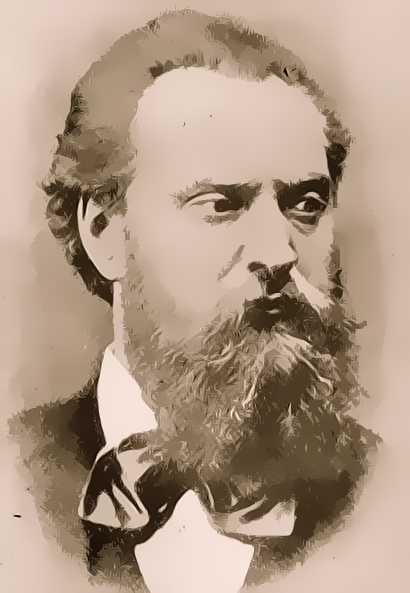Cocaine Information
- Causes of Cocaine Abuse
- Signs of Cocaine Abuse
- Student Cocaine Abuse
- Who invented Cocaine
- Cocaine Abuse and Overdose
- Cocaine Abuse Effects
- Cocaine Abuse Statistics
- Cocaine Abuse Treatment
- Cocaine Photos
- Dangers of Cocaine Abuse
- How is Cocaine Taken
- How much does Cocaine Cost
- Side Effects of Cocaine Abuse

Who Invented Cocaine?
 Who invented cocaine? While cocaine has been used for 5000 years, the actual alkaloid was first discovered (not invented) in 1850 by Albert Niemann. Albert Friedrich Emil Niemann (May 20, 1834 “ January 19, 1861) was a German chemist. In 1859 he and Francesco Di Stefano jointly isolated cocaine, and he published his finding in 1860.
Who invented cocaine? While cocaine has been used for 5000 years, the actual alkaloid was first discovered (not invented) in 1850 by Albert Niemann. Albert Friedrich Emil Niemann (May 20, 1834 “ January 19, 1861) was a German chemist. In 1859 he and Francesco Di Stefano jointly isolated cocaine, and he published his finding in 1860.
Niemann isolated cocaine from coca leaves in 1859. In the 19th century, there was a great interest among European chemists in the effects of coca leaves discovered in Latin America. However, little progress was made in extracting coca's active ingredients.
Lets find out more about Albert Niemann, the man who invented cocaine. Niemann was a Ph.D. student at the University of GÃttingen. Friedrich WÃhler, Ordinary Professor of Chemistry at GÃttingen University, had coca leaves imported to Germany and he gave those leaves to Niemann, his graduate student, to analyze. In 1859, Niemann isolated cocaine from coca leaves. He extracted the primary alkaloid and named the ingredient "cocaine"“as with other alkaloids its name carried the œ-ine suffix (from Latin -ina). He wrote of the alkaloid's œcolourless transparent prisms and said that, œIts solutions have an alkaline reaction, a bitter taste, promote the flow of saliva and leave a peculiar numbness, followed by a sense of cold when applied to the tongue. He published his finding in 1860 in his dissertation titled Ãœber eine neue organische Base in den Cocablättern (On a New Organic Base in the Coca Leaves). This dissertation earned him his Ph.D. and was published in 1860 in the journal Archiv der Pharmazie.
During experiments with ethylene and sulfur dichloride, Niemann discovered bis(2-chloroethyl) sulfide which was later named sulfur mustard and used extensively as chemical warfare agent in World War I.
Albert Niemann, the man who invented cocaine describes the properties as: Sie besteht darin, daß selbst die geringste Spur, die zufallig auf irgend eine Stelle der Haut kommt, anfangs zwar keinen Schrnerz hervorruft, nach Verlauf einiger Stunden aber eine Rötung derselben bewirkt und bis zum folgenden Tage eine Brandblase hervorbringt, die sehr lange eitert und außerordentlich schwer heilt, unter Hinterlassung starker Narben. (They are represented by the fact that, even traces brought into contact with the skin, at first result in no pain, but after several hours result in a reddening of the skin, later blisters from burns, which fester for a long time and seriously awful heal, leaving strong scars.)
The death of Niemann, the man who invented cocaine. Niemann died on January 19, 1861 in Goslar, Germany. After the death of Niemann, his colleague Wilhelm Lossen continued his investigations, and identified the chemical formula of cocaine in 1862.
In the early 1900s, cocaine became the main stimulant drug used in most of the tonics/elixirs that were developed to treat a wide variety of illnesses. Today, cocaine is a Schedule II drug. This means that it has high potential for abuse but can be administered by a doctor for legitimate medical uses, such as local anesthesia for some eye, ear, and throat surgeries.
